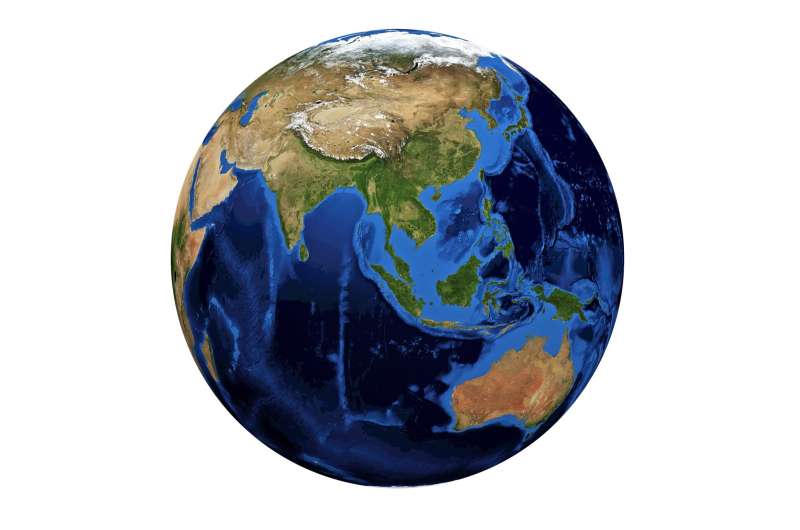Global crisis procurement: What does it take to procure more effectively in a future crisis?

The unprecedented spikes in demand for personal protective equipment (PPE) and respirators initially made the corona crisis a procurement crisis as well. The MaSSC research (Material Supply Strategies in a Crisis) studied the procurement strategies for these scarce resources in the Netherlands and 33 other countries worldwide. Which structures and strategies turned out to be successful or unsuccessful, and especially, what can healthcare organizations and countries do to purchase more effectively and be more in control in a next crisis? It turns out most countries would benefit from better coordination between political power and the concentration of relevant procurement knowledge.
Looking to the future
Niels Uenk, director of PPRC and project leader of the study, explained, "We wanted to know what lessons were learned and what can be done now to be better prepared for the next (purchasing) crisis. To find out, we interviewed 45 international experts from a total of 33 countries. Although there were shortages worldwide, striking differences in approach and scale of the problems are visible between countries".
Looking ahead and learning from this procurement crisis for the future is of great importance. However, Esmee Peters, PhD candidate in Public Crisis Procurement at the University of Twente and PPRC, also sees the biggest pitfall here: "We see that countries are now very ambitious. Countries that had very big problems now want to implement the most advanced solutions. Experts (including us) doubt whether this is feasible. Take the use of IT systems: During the crisis, countries like the Netherlands used ad hoc Excel sheets to forecast demand. Those same countries are now turning their attention to fully advanced and integrated information systems. This may be feasible in the long run, but not as a first step. Governments need to prioritize and balance short-term and long-term improvements."
From Australia to Zimbabwe: 33 countries with 5 main problems
The researchers divided the 33 countries in the study into five clusters of countries with common challenges in dealing with crisis procurement. According to Annelie Oortwijn, researcher at PPRC, "The clusters vary, for example, from countries with low procurement professionalism and wealth—they had the biggest problems—to countries that have a lot of knowledge in house, but still had great difficulty putting the right people in the right place. The Netherlands is an example of this: We have a lot of procurement professionalism, our biggest bottleneck was the coordination between all those involved."
The researchers also identify three general lessons. Louise Knight, Professor of Public Sector & Healthcare Procurement at the University of Twente, said, "In many countries there is a mismatch between political power and the concentration of relevant procurement knowledge. This calls for better coordination. Also, mapping out the necessary experts—who are these and where are they in 'normal' times—helps a fast and effective crisis approach."
More information
The research consists of three parts. Part I of the research focuses on the Dutch problems at the time of Covid-19. Part II concerns an analysis of the lessons learned in 33 countries worldwide regarding the supply of materials during the Covid-19 crisis. Part III focuses on the lessons from the international research for Dutch practice.
The research is a collaboration between PPRC (Public Procurement Research Centre), University of Twente, Erasmus University Rotterdam and IRSPP (International Research Study of Public Procurement).
More information:
The reports are available as PDF files at:
www.utwente.nl/.uc/f68f75fba01 … age_Part-I_Final.pdf
www.utwente.nl/.uc/fccdcde5b01 … ge_Part_II_Final.pdf
www.utwente.nl/.uc/fb34e45e101 … ASSC_Rapportage_Part%20III_Final.pdf
Provided by University of Twente




















